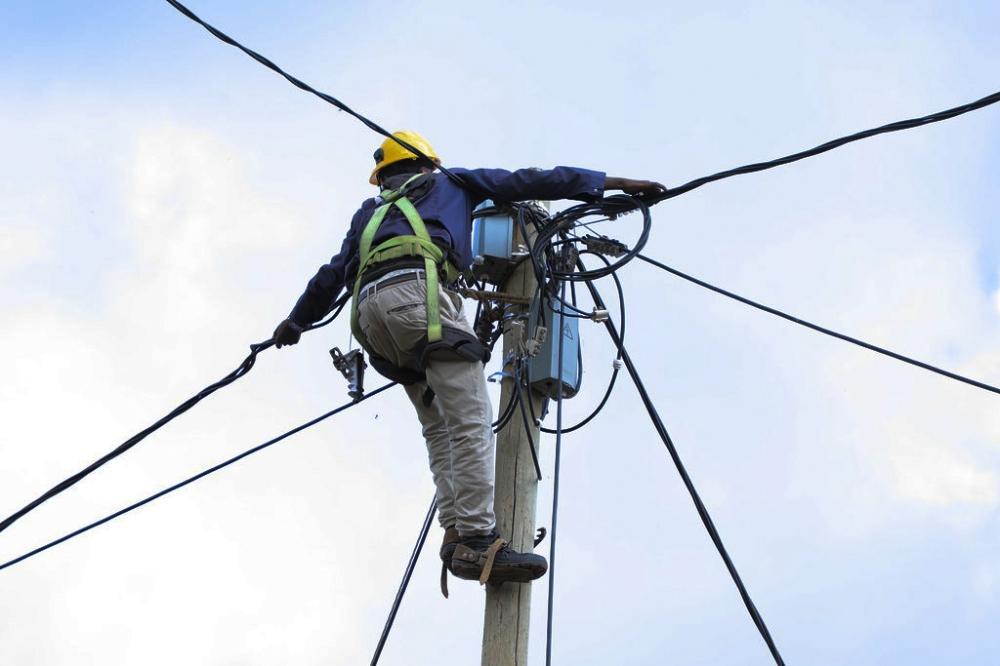Africa-Press – Rwanda. The Minister of Trade and Industry, Prudence Sebahizi, has assured that the newly introduced electricity tariffs will not lead to an increase in commodity prices, as industries continue to benefit from lower rates compared to other consumer categories.
Speaking in an interview with Rwanda Broadcasting Agency (RBA) on September 17, Sebahizi said industries have been categorised in a way that allows them to access special tariffs depending on their level of consumption.
“Even if electricity tariffs were to increase, there are special programmes in place for industries depending on their categories and the quantity of electricity they use,” he said.
The minister explained that industries consuming between 5,000 kilowatt/hour (kWh) and 100,000kWh annually are charged differently from those using between 100,000kWh and one million kWh, while those consuming over one million kWh benefit from the highest reductions.
According to the new rates announced by Rwanda Utility Regulatory Authority (RURA), the industrial sector is subject to new adjustments, with tariffs varying according to their annual consumption.
Small industries, including some hotels and ICT service providers, will be charged Rwf175/kWh. Medium industries such as mining and mineral processing companies, as well as water treatment plants, will pay Rwf133/ kWh.
For large industries, including broadcasting infrastructure providers and electric vehicle charging stations, they will be billed at Rwf110/kWh.
Extra-large industries such as steel manufacturers, cement producers, and large-scale mining firms will pay Rwf97/kWh.
Sebahizi said that industries producing construction materials such as cement and steel will continue to pay lower tarrifs, as part of government efforts to promote investment in the construction and industrial sectors.
“This year alone, we have helped more than 1,069 industries to access special electricity costs depending on their category,” Sebahizi noted.
He said the increase in electricity costs for industries remains significantly lower than that applied to other categories of consumers.
“That shows how the government continues to support industries. They should not increase the prices of their products, because the tariffs were not much increased,” he said.
Sebahizi pointed out that competition with imports means local manufacturers must maintain fair pricing for their products. “There would be some sacrifices, but not on the prices of the products,” he said.
“The main challenge is ensuring we have enough electricity so that anyone who wants to set up an industry can access it,” he said.
The minister also allayed any fears that the new tariffs could affect foreign investment.
“There is no need to worry. That is why the government is helping investors by ensuring affordable electricity,” he said.
For More News And Analysis About Rwanda Follow Africa-Press






